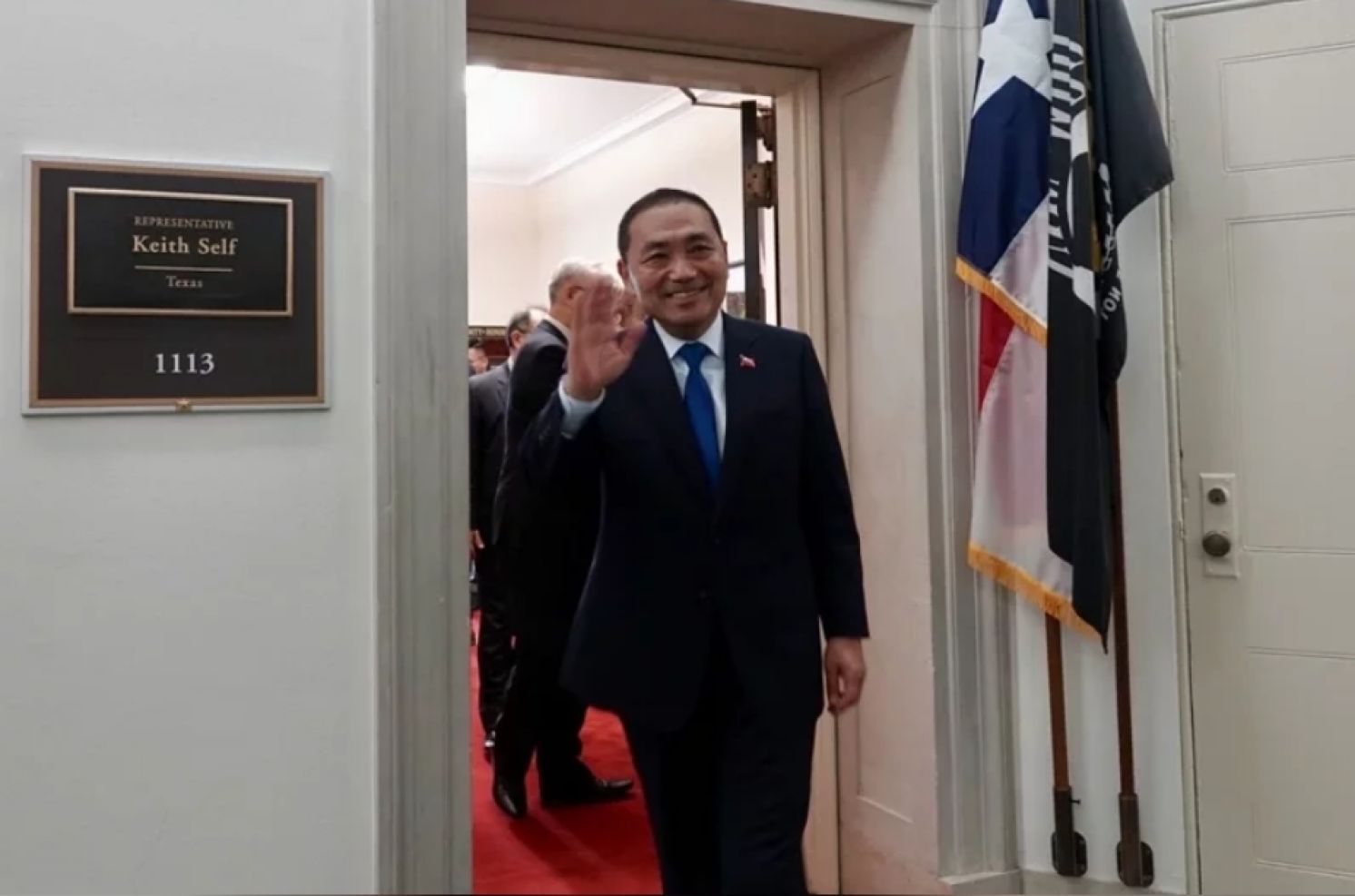
In Washington, Hou Uttered Key Words Both U.S. and China Want to Hear
United Daily News Commentary, September 20, 2023
A proposal to avoid cross-strait conflict was put forth by Kuomintang (KMT) presidential candidate Hou Yu-ih during his recent visit to the United States. The proposal responds to American expectations to stabilize the Taiwan Strait and regional security. His proposal to enhance Taiwan’s own military capability as a deterrent and bargaining chip is similar to the approach taken by the administration of President Joe Biden in the United States, and Hou’s proclamation of opposition to both Taiwan de jure independence and “One Country, Two Systems” was a way of reiterating his own position to Beijing.
Hou has not taken any initiative to mention the 1992 Consensus in his public remarks in Washington. His position of adhering to the Republic of China Constitution and the Act Governing Cross-Strait Relations leaves no room for misinterpretation by the political pundits in Washington.
The 1992 Consensus was a premise established by the KMT and the Chinese Communist Party during interactions between the two governments, and it functioned well during the eight years of the administration of President Ma Ying-jeou from 2008 to 2016, which was in line with the American position of supporting cross-strait dialogue. The incumbent Democratic Progressive Party (DPP) administration denies the existence of the 1992 Consensus and transformed the instrumental premise of the 1992 Consensus into a historical term known as the 1992 meetings, to which the United States does not object, as the United States put more weight on the results of the actual interactions between Taipei and Beijing. However, the recent spiral of cross-strait hostility will not affect American interests and may even serve American interests in the short term.
Hou's support for the 1992 Consensus is more of an acknowledgment to meet the expectations of the KMT's inner circle and is aimed at shaping KMT unity and solidarity. In recent years, as fears of Beijing's encroachment on Taiwan have permeated Washington, and as the United States seeks to stabilize the Taiwan Straits and the region, Hou's proposal espouses the far more urgent initiative of conflict avoidance compared to a peace proposal. Hou advocates that Taiwan should first improve its own military capabilities before interacting with Beijing and that it should build up its defense capabilities to deter Beijing's aggressive ambitions, this is packaged in the theoretical framework of a police offensive that echoes the Biden administration's approach to competing with China from a position of strength.
Opposition to Taiwan independence is the key word Beijing wants to hear most from Washington and Taipei, and Hou said it, while immediately adding that he also opposes "one country, two systems," which is just short of saying that he opposes the “One Country, Two Systems” formula for Taiwan put forth by Chinese President Xi Jinping. By adding preconditions before opening up interactions with Beijing, the KMT is trying to shed its “pro-China” label.
Hou's policy proposals in the United States hint at multiple messages to Taiwan, Washington, and Beijing. Hou’s plans for resuming dialogue and interaction with Beijing is a card that Hou holds dear but has yet to show his hand. However, there is no hurry to unveil the answer now, and the card will only be effective and meaningful if he is indeed elected as president and there is a transfer of political power.